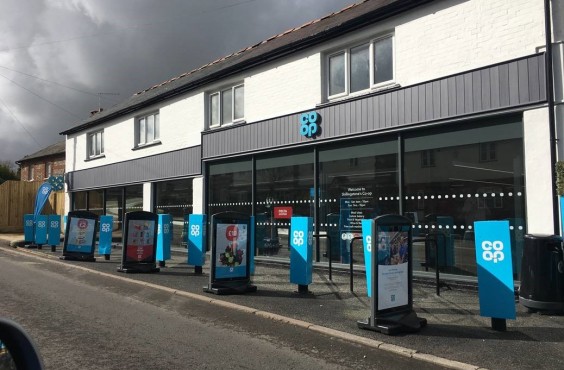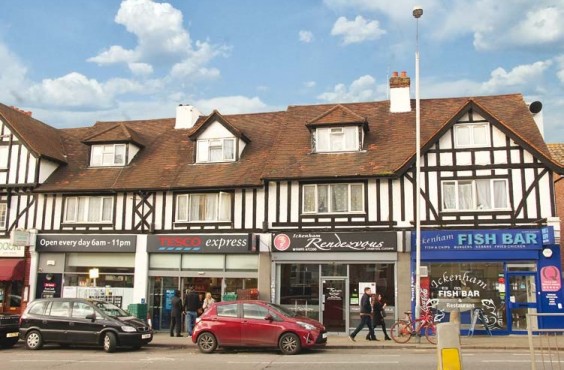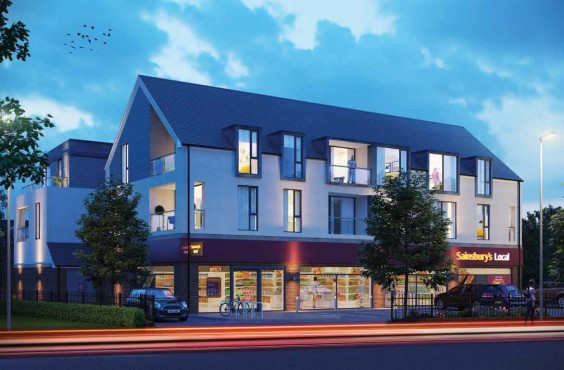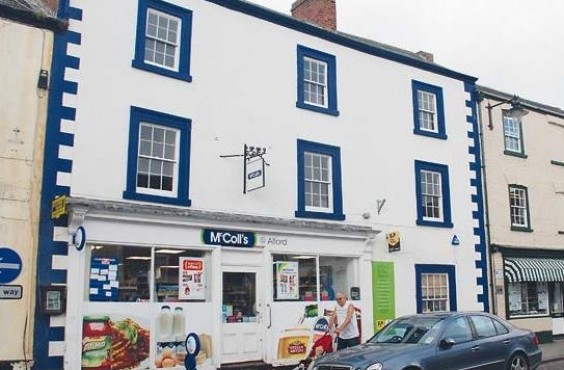
There are many reasons why the humble convenience store makes for a wise commercial property investment. As little as ten years ago convenience stores looked very different, operating more like glorified newsagents rather than the one-stop shops we know them as today. As online shopping exploded and the competition for larger goods increased, we saw big supermarket chains downsize and move away from the larger format stores that once dominated retail. In response to the needs of the modern consumer, the big supermarkets began rolling out a new, upgraded convenience store format.
Today’s outlets offer fresh foods like milk, meat, vegetables and bread as well as lunchtime meal deals and quality ready made meals for dinner – everything for today’s time-poor, internet-savvy and dual income earning households. And as we eat out or order in more, big supermarket shopping trips are being replaced by more frequent, smaller trips.

Link: Co-op Food, Shillingstone, Dorset
New convenience stores often come 10-15 year leases without break, which is naturally very alluring to investors as it guarantees income for a decade or more. In addition, these leases tend to have five-yearly reviews linked to inflation, meaning after five years you’re guaranteed to get an increase in rent, which in turn helps increase the value of the property. Lenders love this income stream – so getting finance is not an issue for these investments.

Link: Tesco Express, Ickenham, Greater London
Typicall a convenience store investment becomes available to buy is when a new business is started. Tesco Express was the first major player to enter this market, and Sainsbury’s Local didn’t take long to follow. Since then, other main player in the market is the member-owned Co-operative’s Co-op Food chain. Pricing for these stores starts from £750,000 and upwards, and the majority of the original ones continue to trade excellently and have renewed their leases. At the entry-level end in the convenience store market there is McColl’s, who generally operate smaller units which are more affordable to smaller scale, private investors with budgets of £300,000 and upwards. There are a number of other operators in the market such as Iceland, Budgens, Costcutter, Little Waitrose, M&S Food and regional players like Heron Foods which are always worth considering.

Link: Sainsbury’s Local, Northolt, Greater London
Location-wise, investors should consider properties either on the high street or in well-populated residential areas, because obviously supermarkets service the local population. Proximity to schools is certainly a plus given the significance of pre and post-school drop off traffic through the store. Parking space is also important to accommodate those making larger shopping trips. Consequently former pubs make ideal locations for convenience stores, given that they often comprise large units of 2,000 – 3,000 sq.ft, on sites with plenty of parking, and also tend to be located at the heart of residential communities.

Link: McColl’s, Alford, Lincolnshire
Retail continues to evolve and as we look ahead to the next decade, we are confident that the modern convenience store will continue to remain both at the heart of retail and of our communities.

